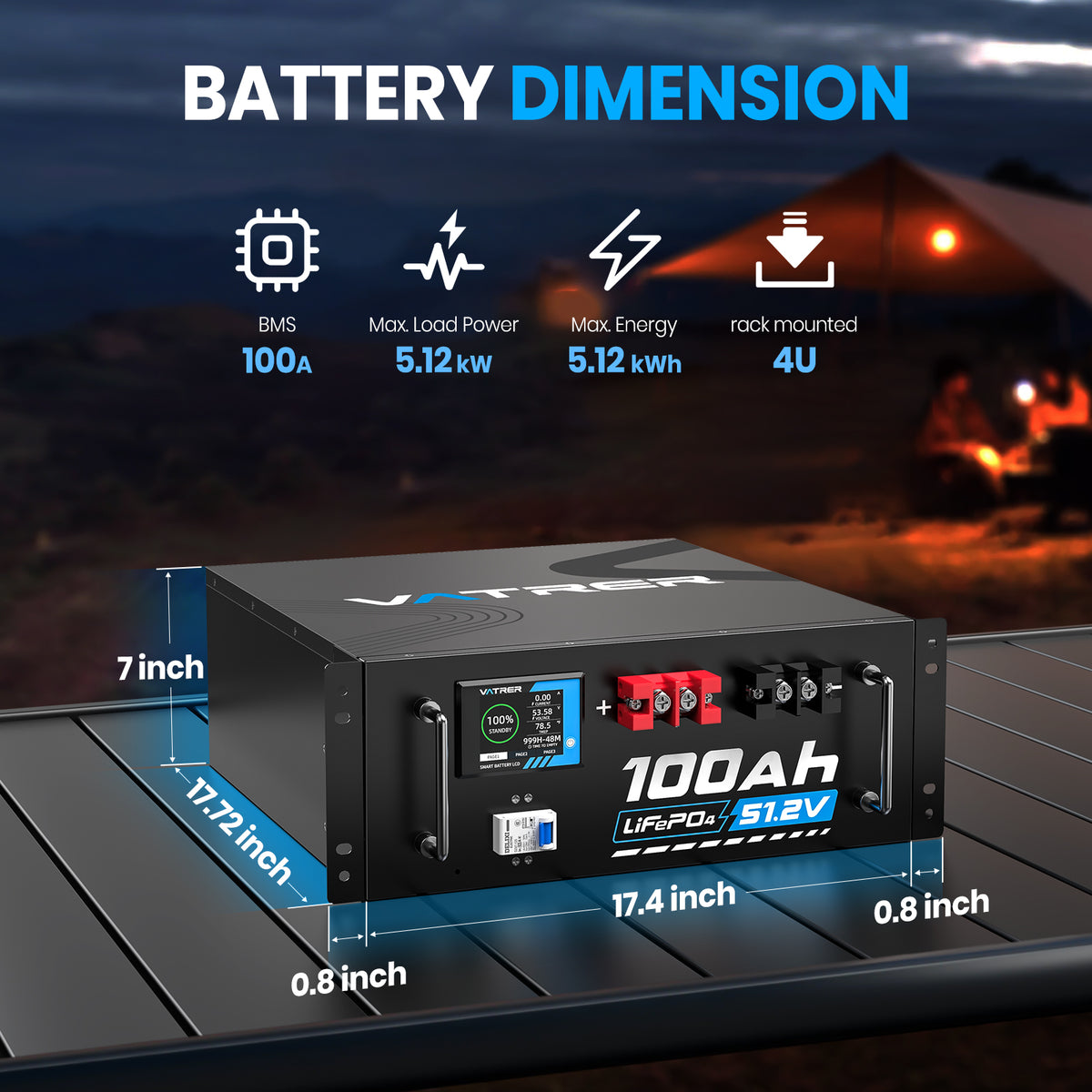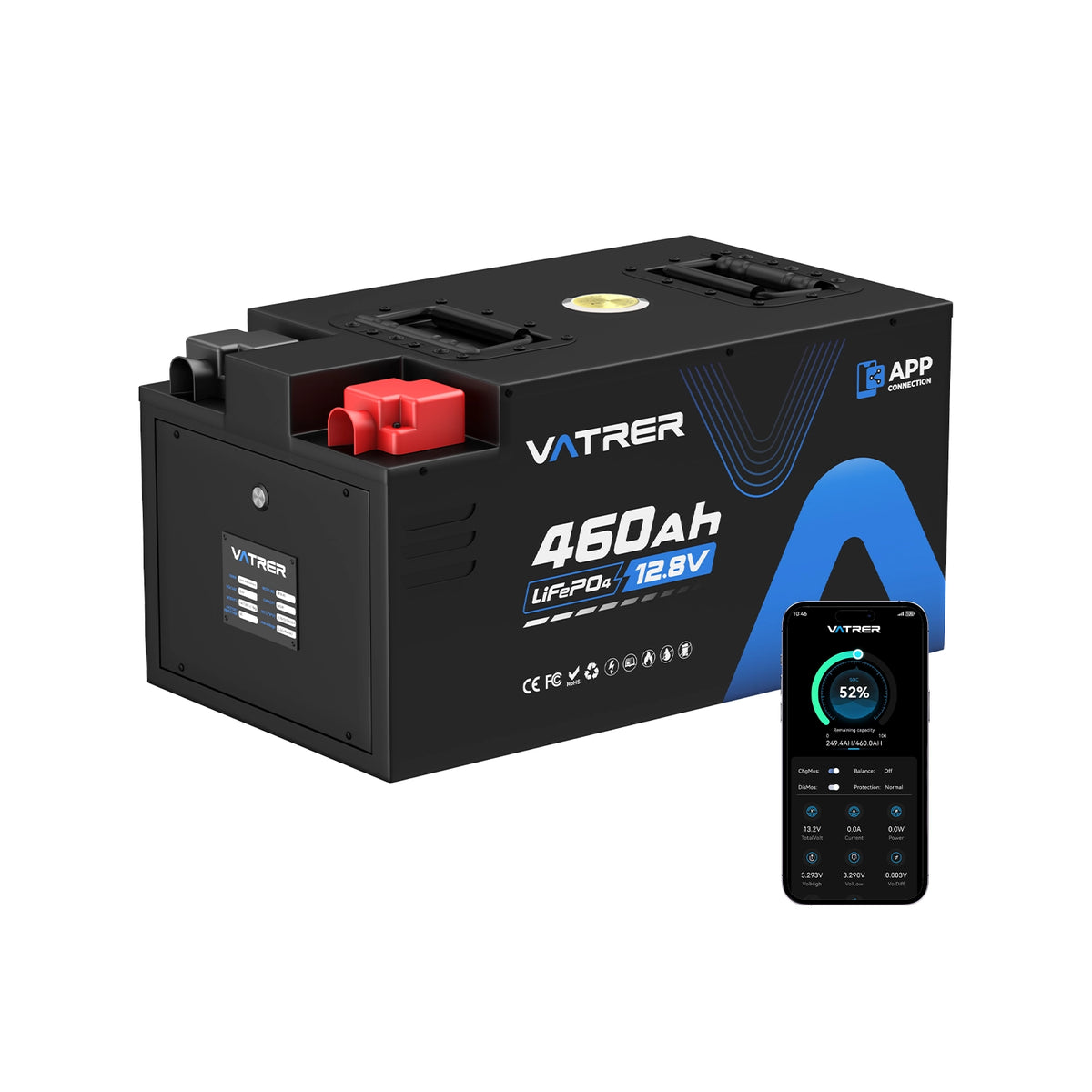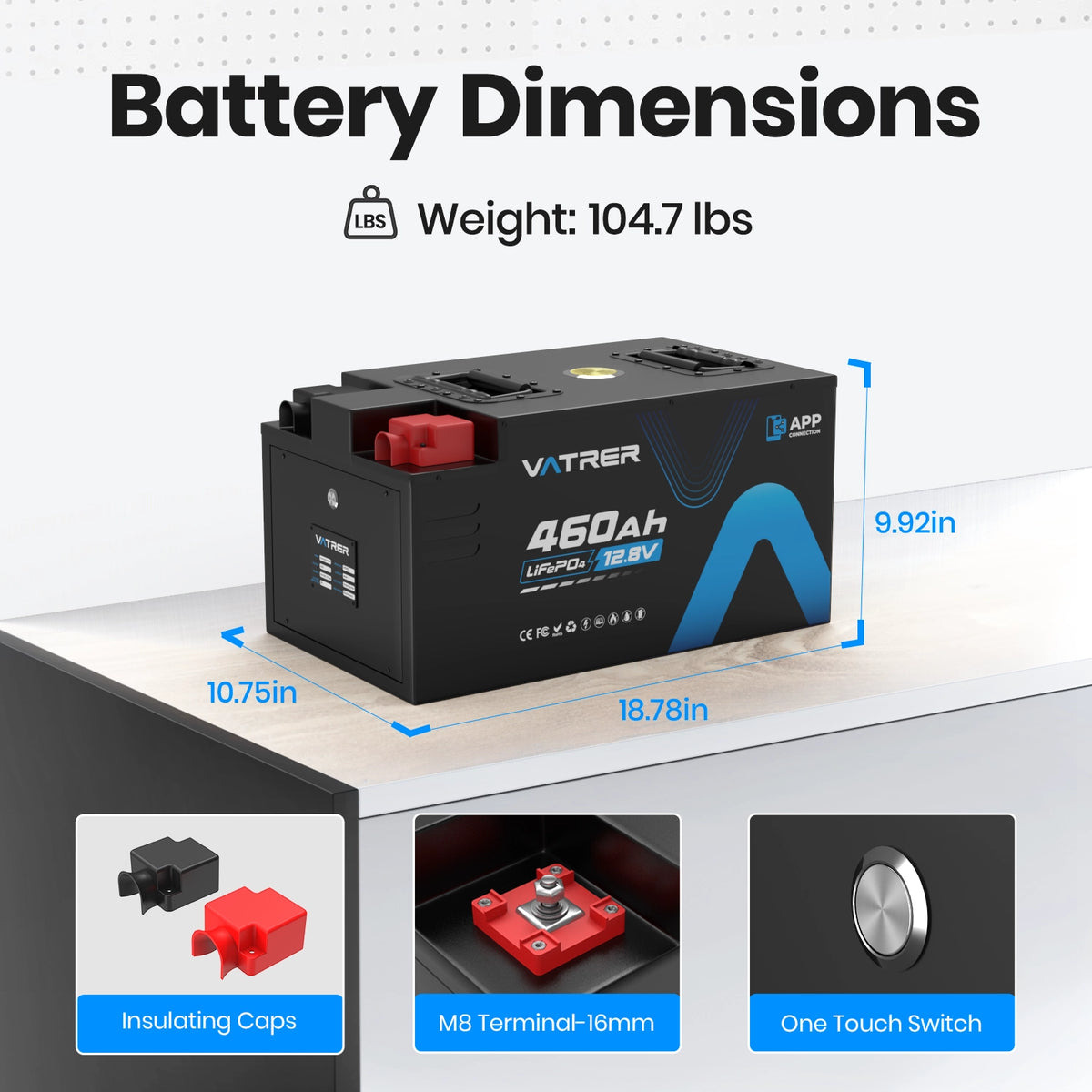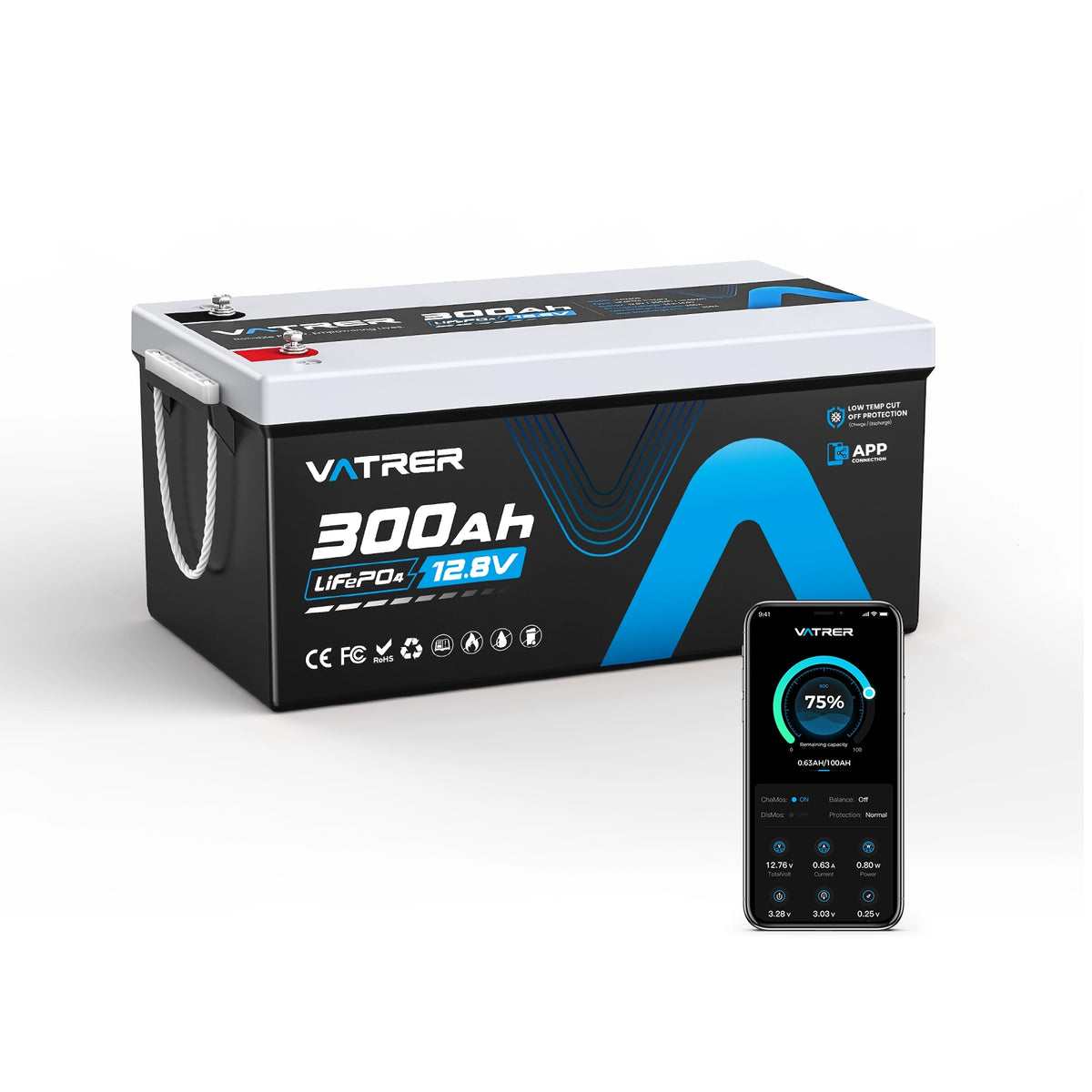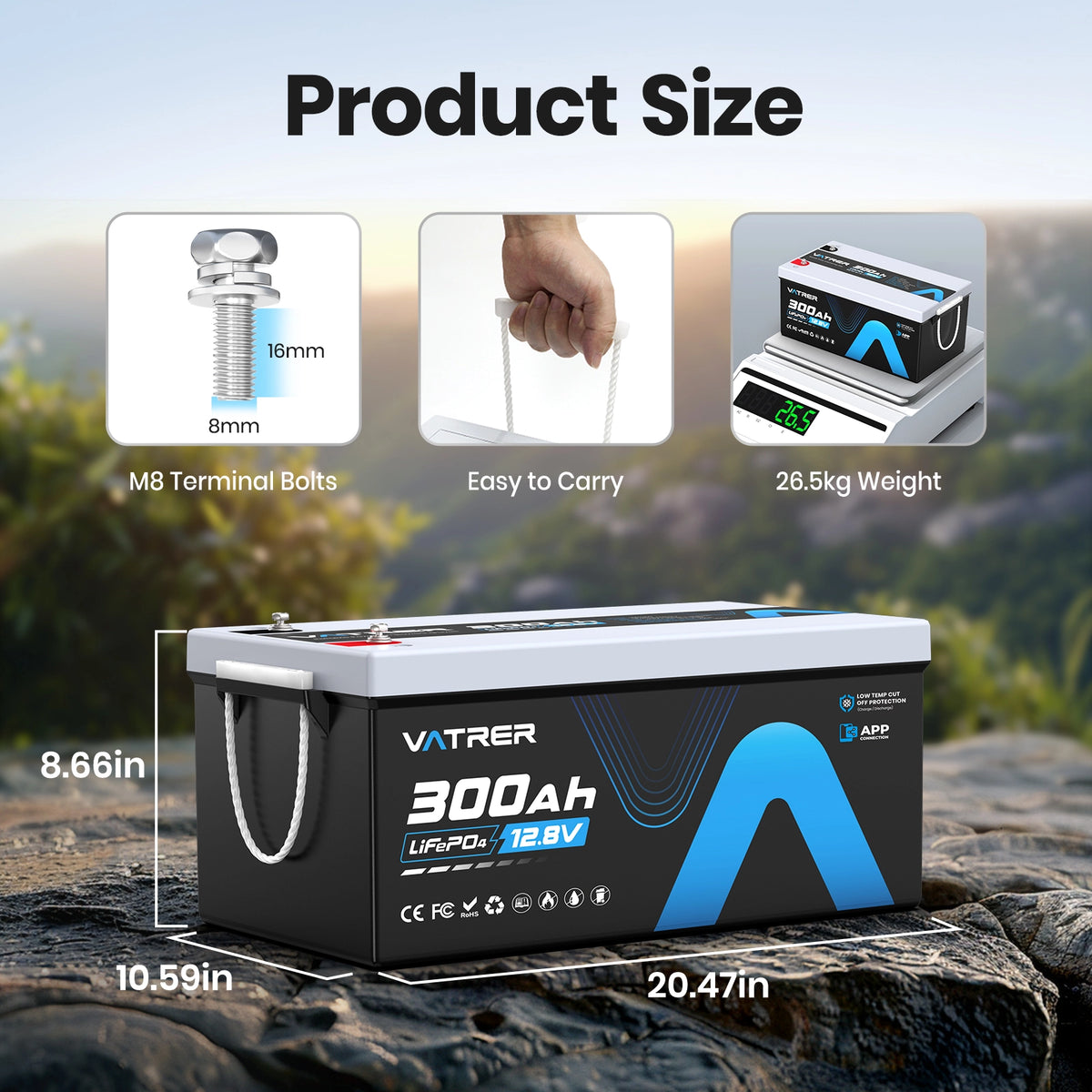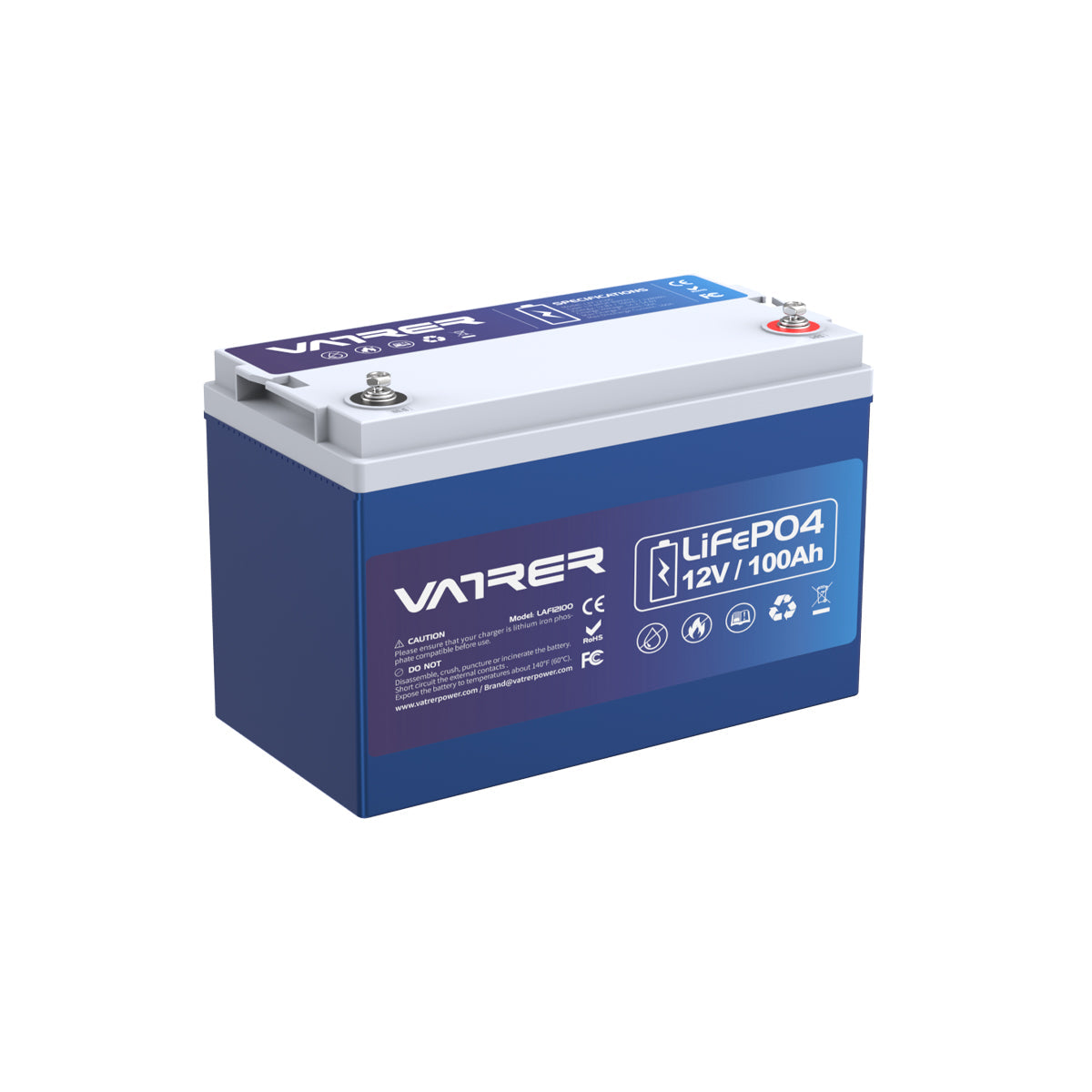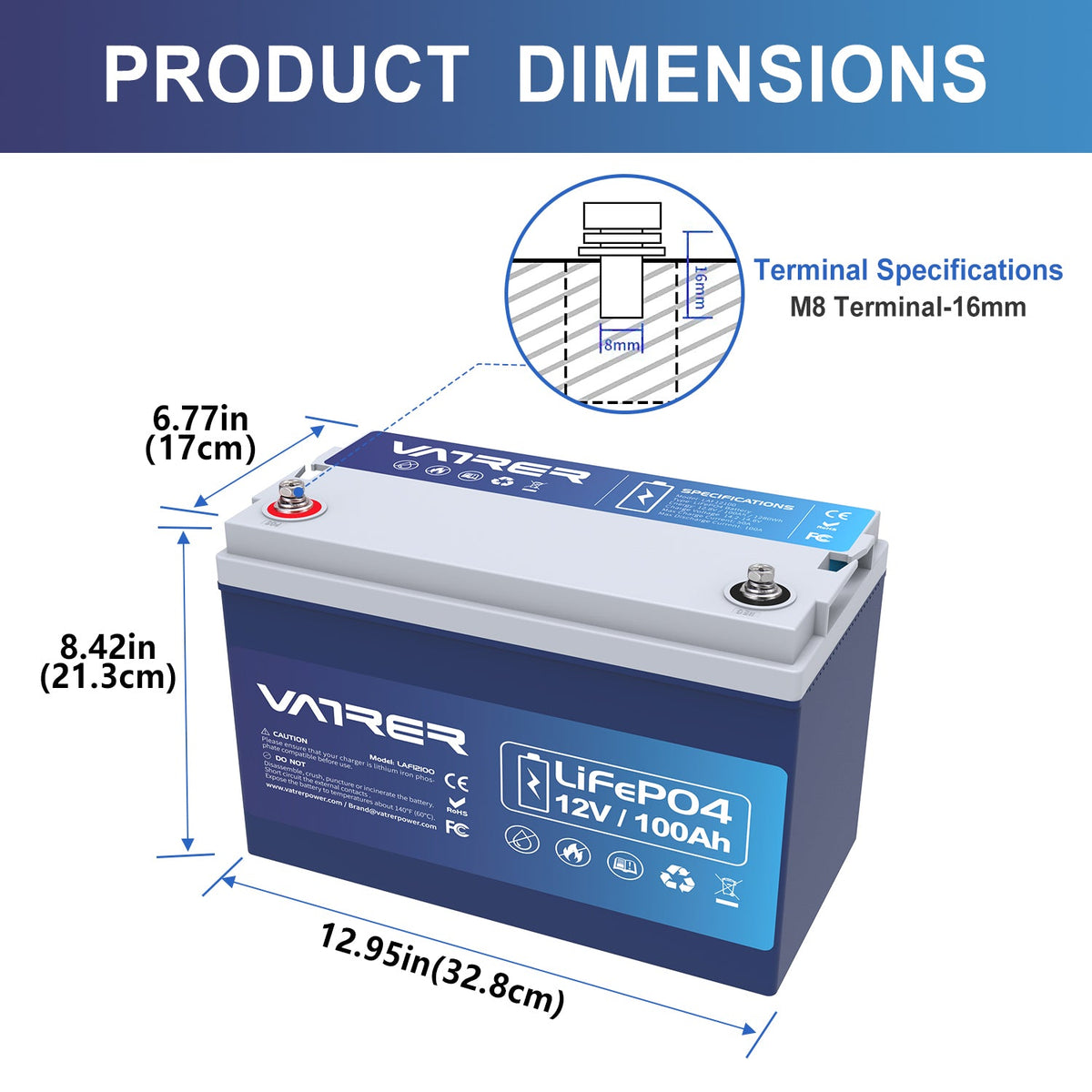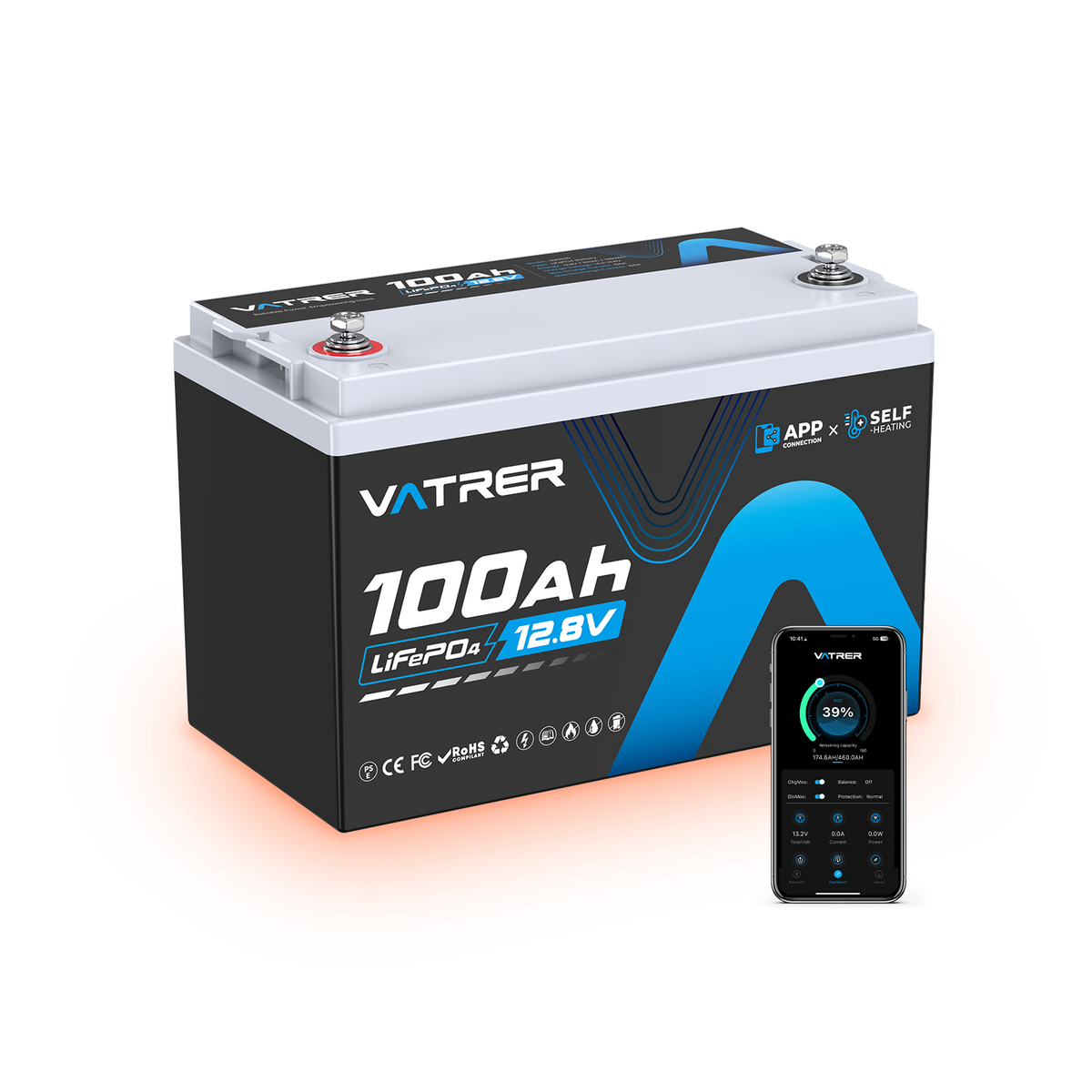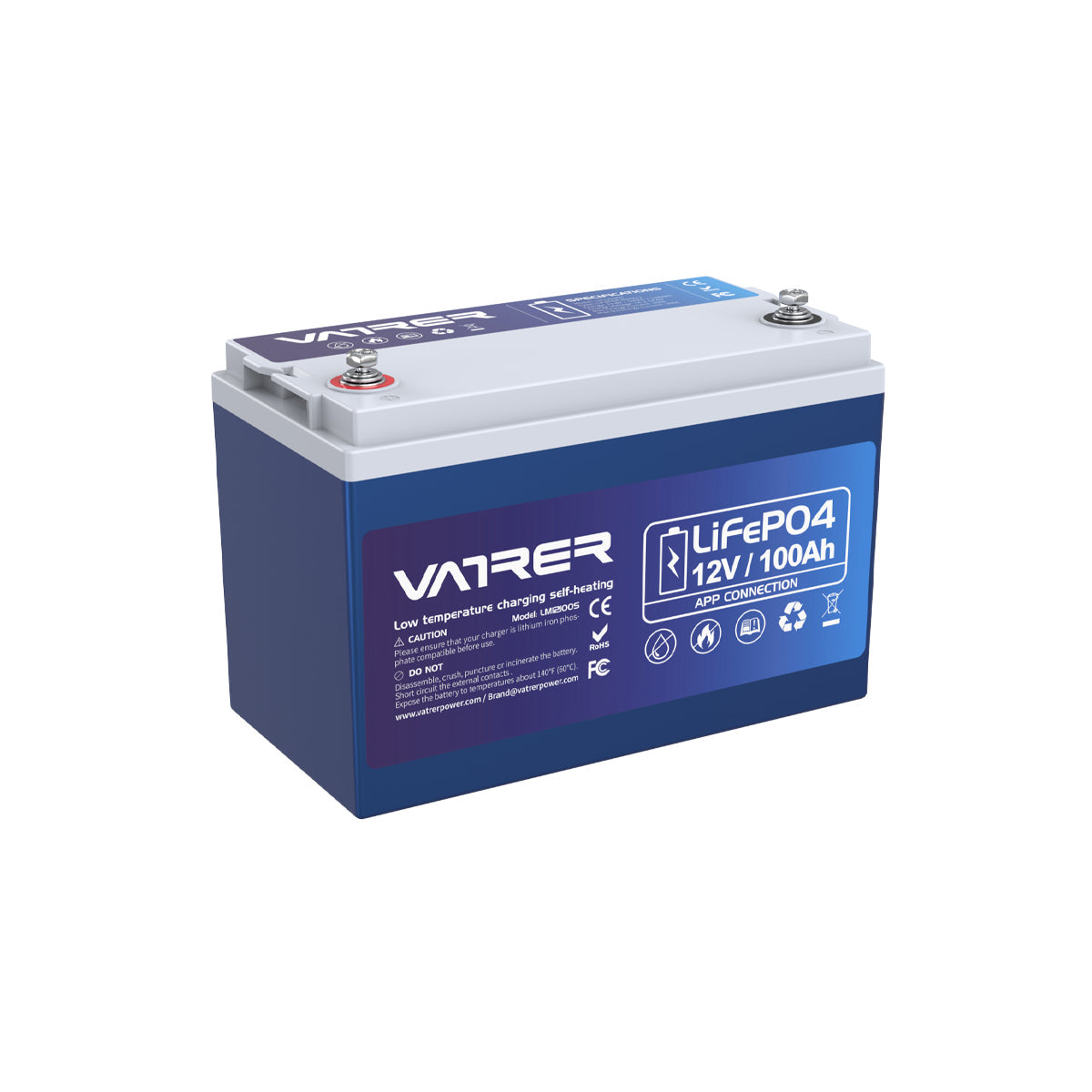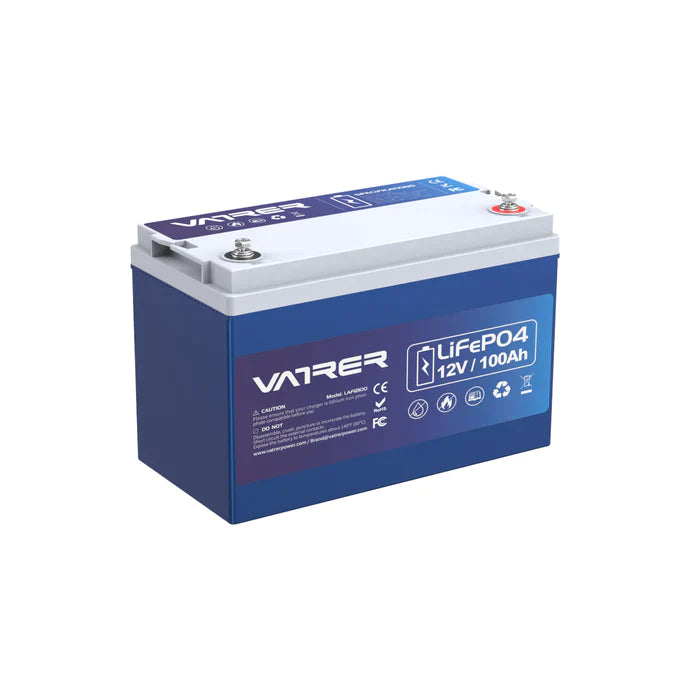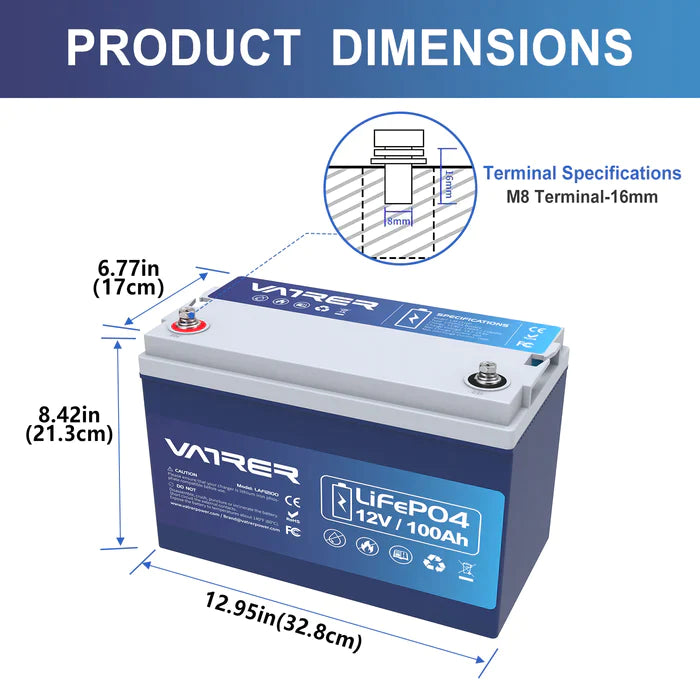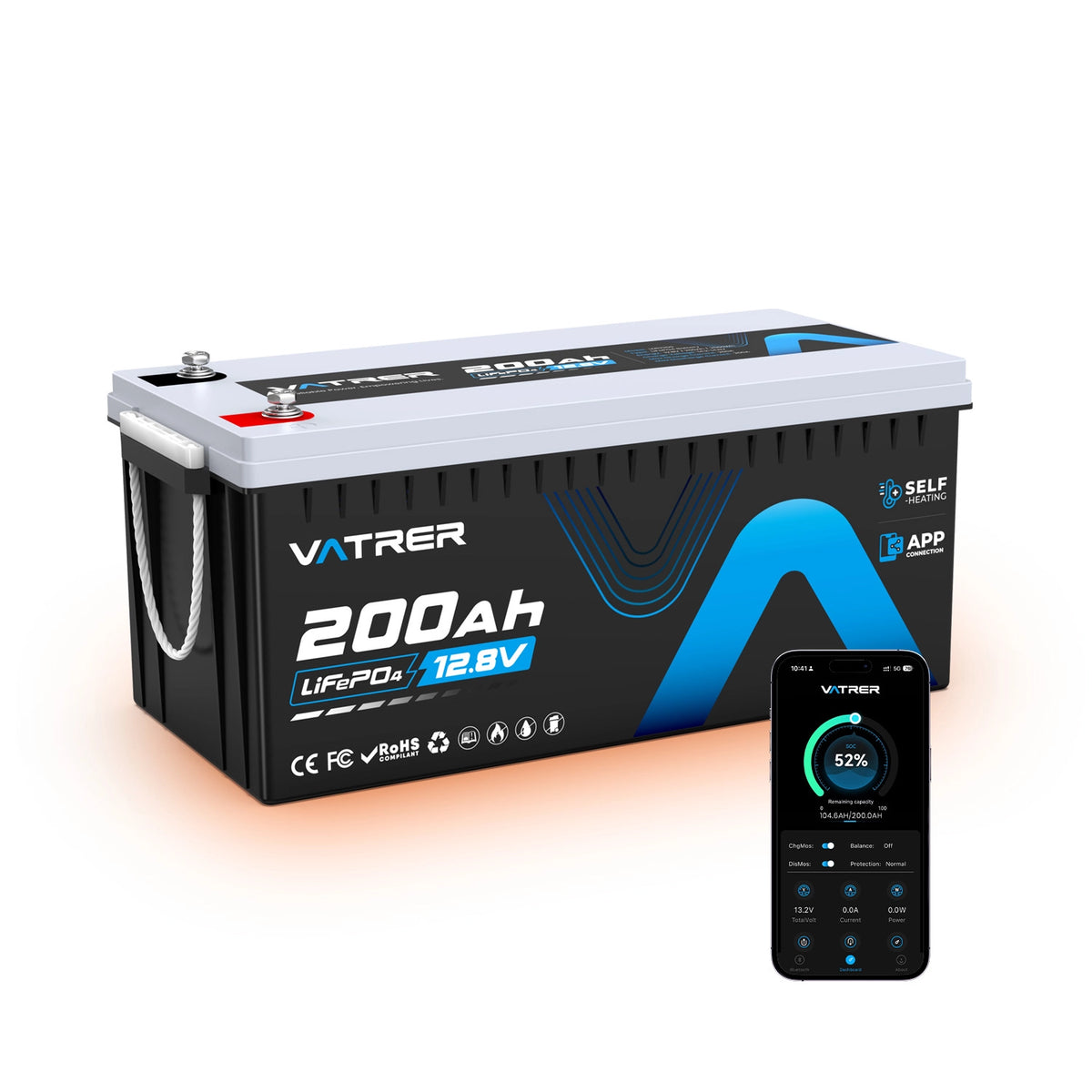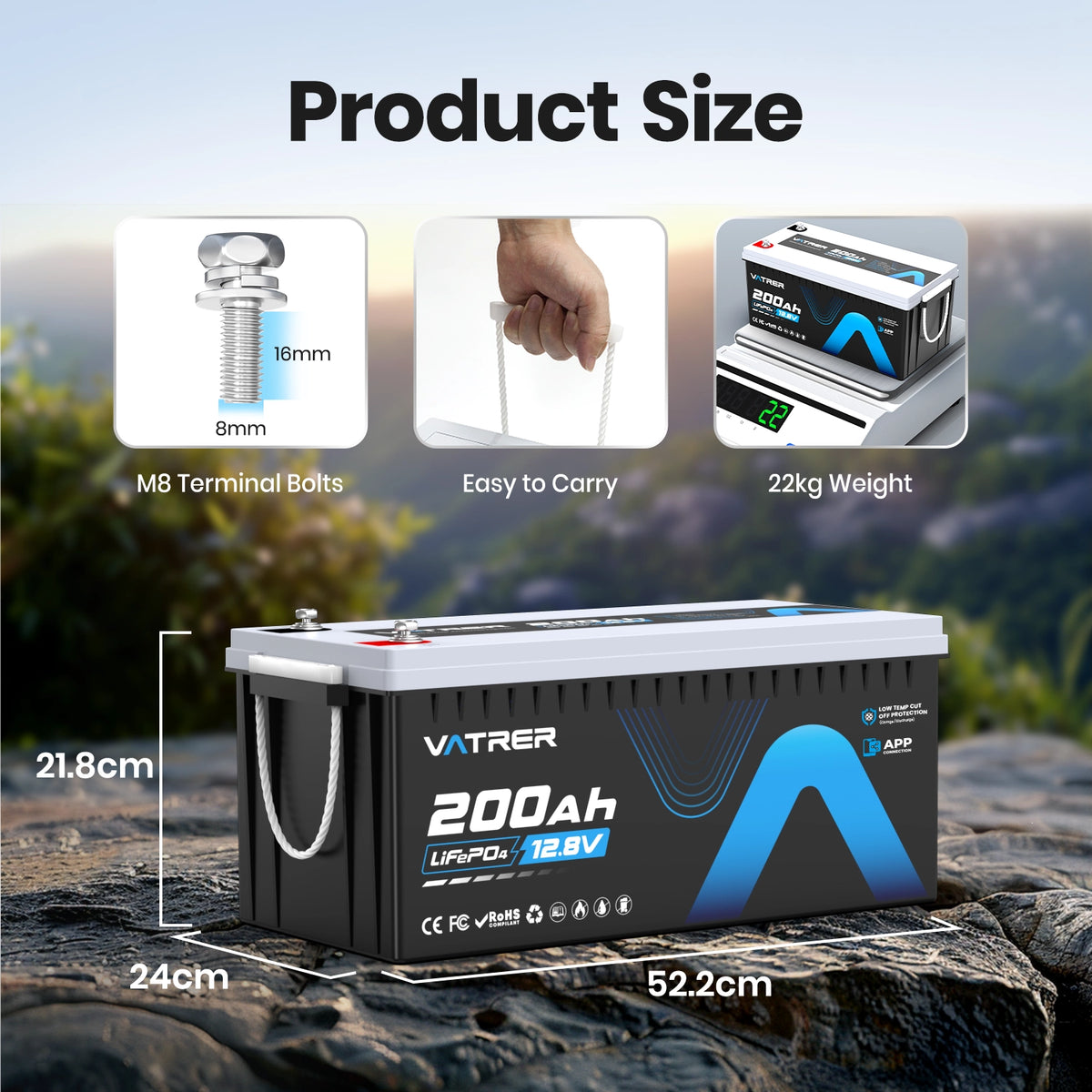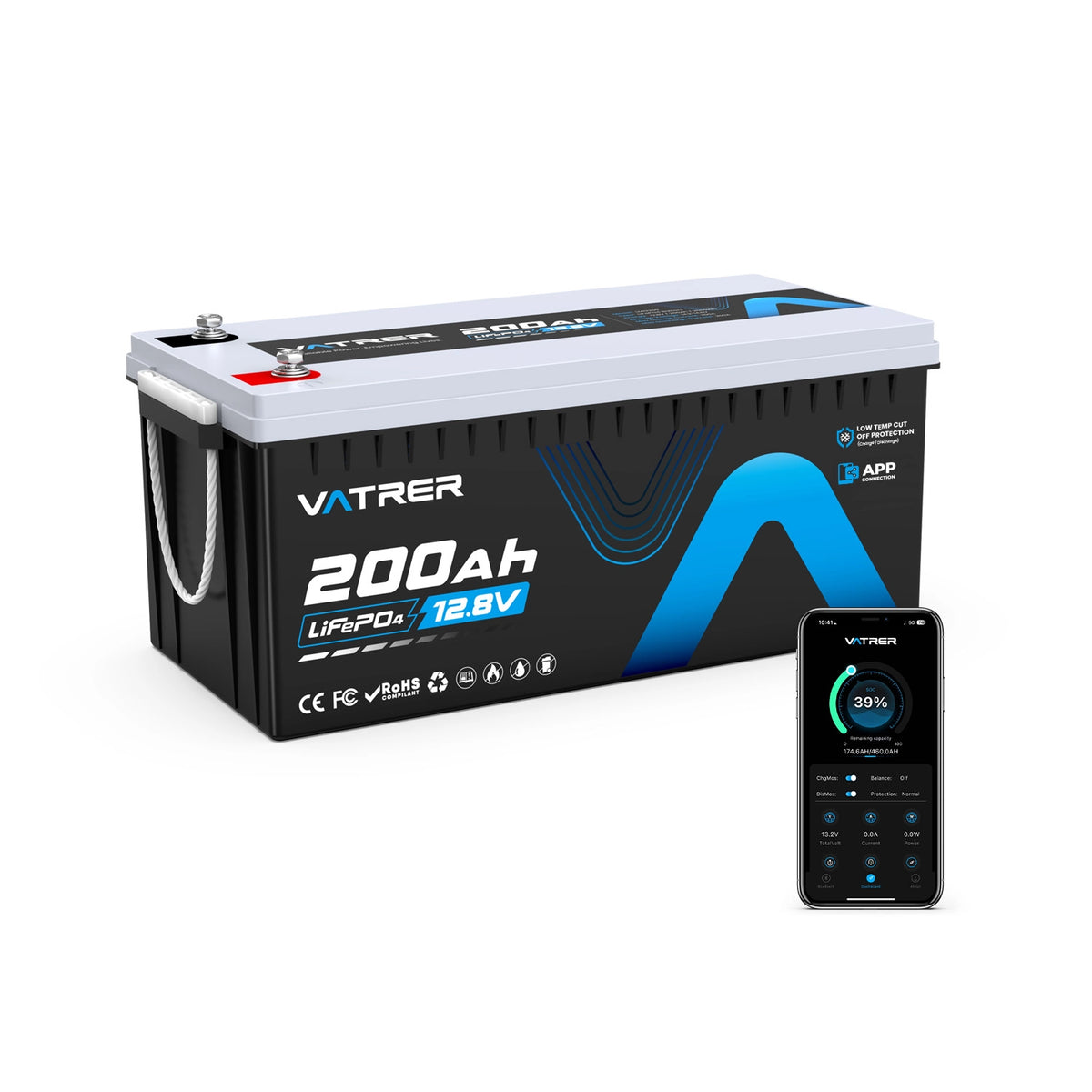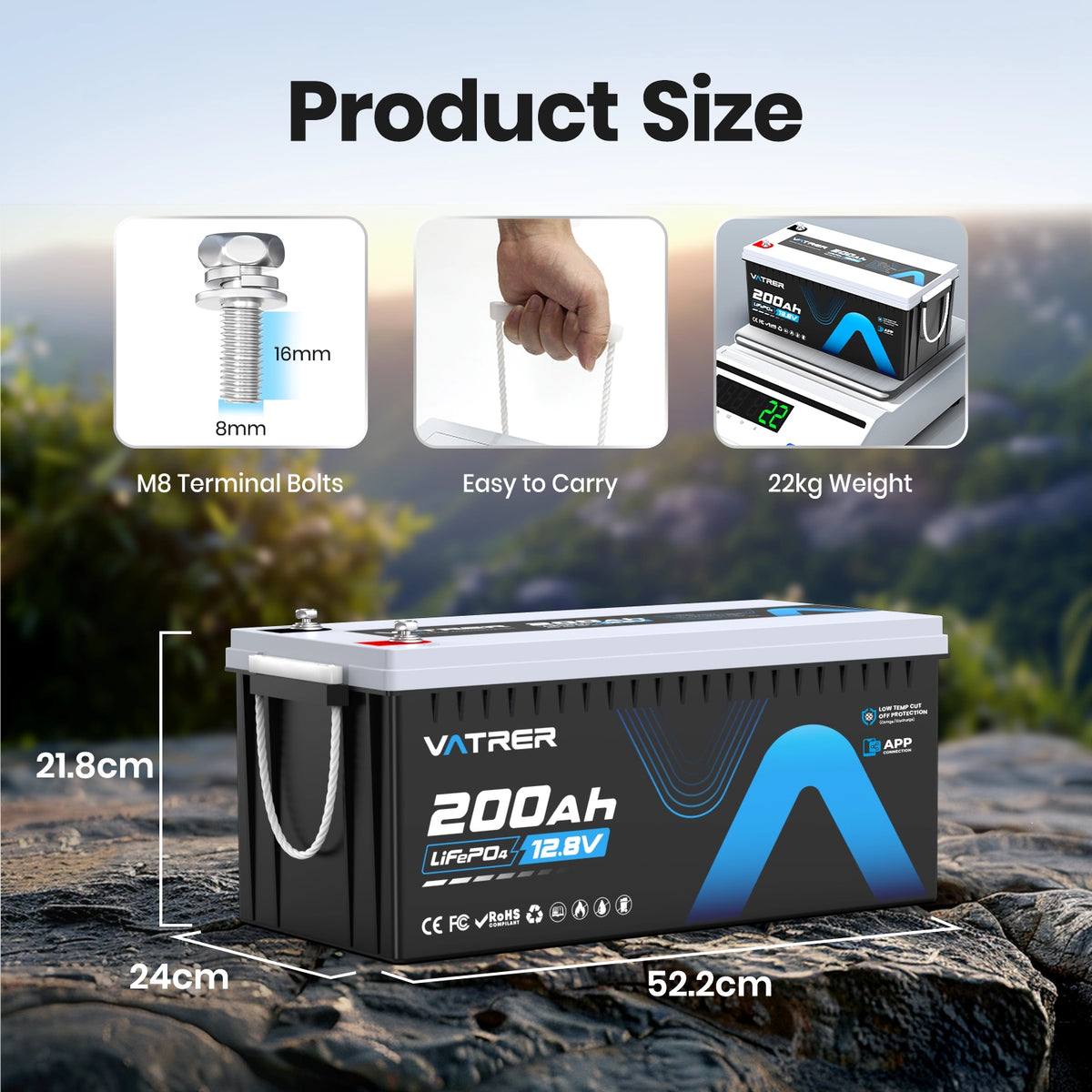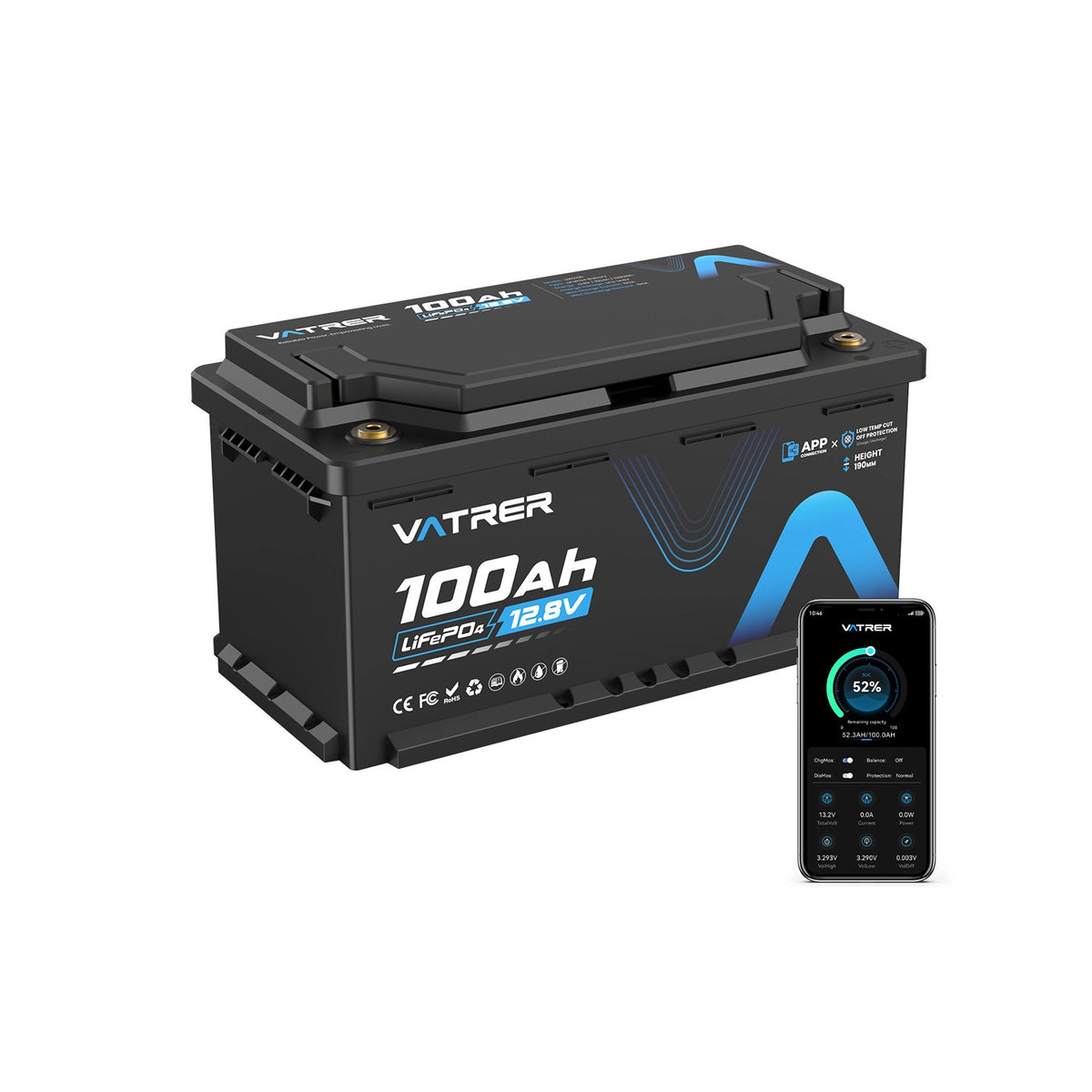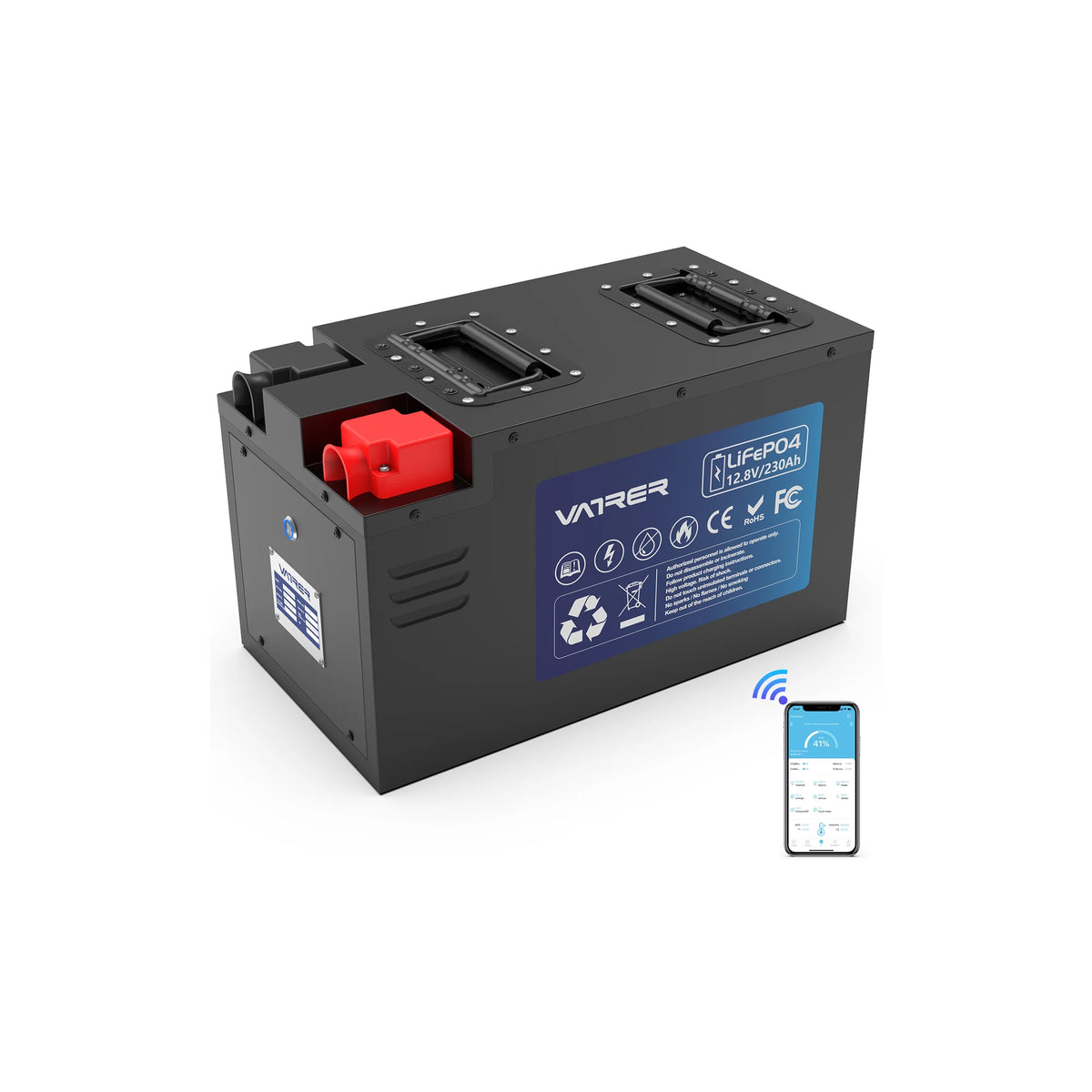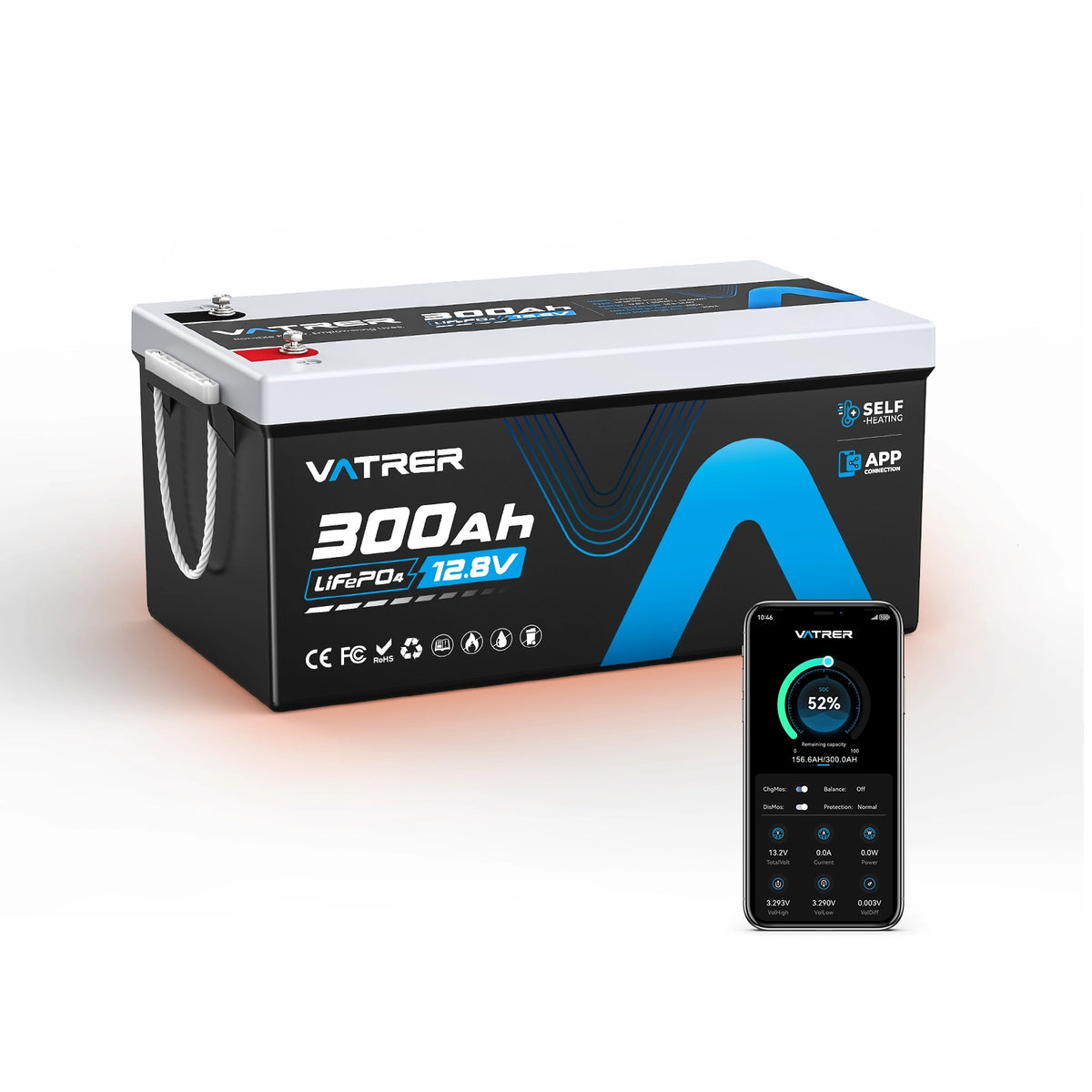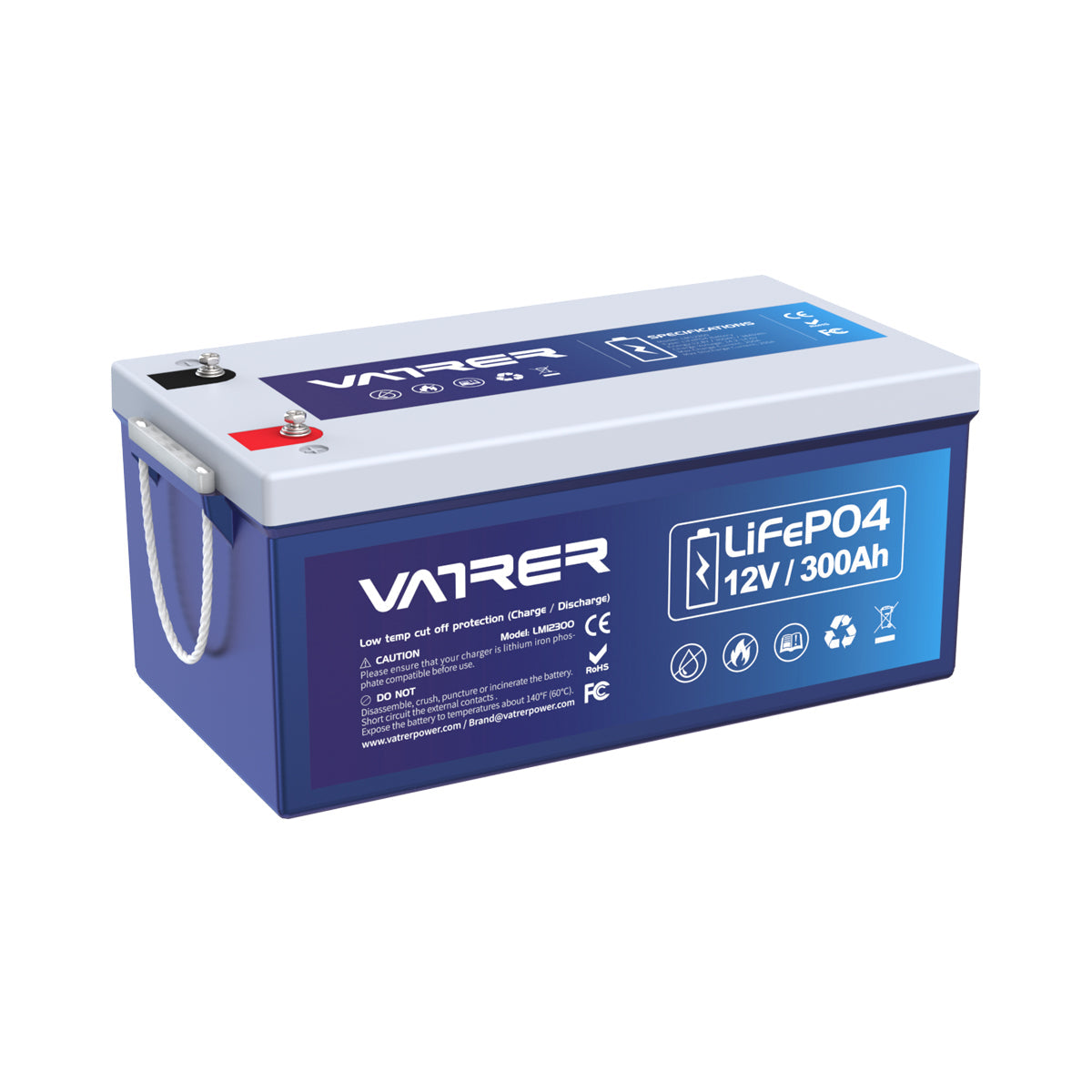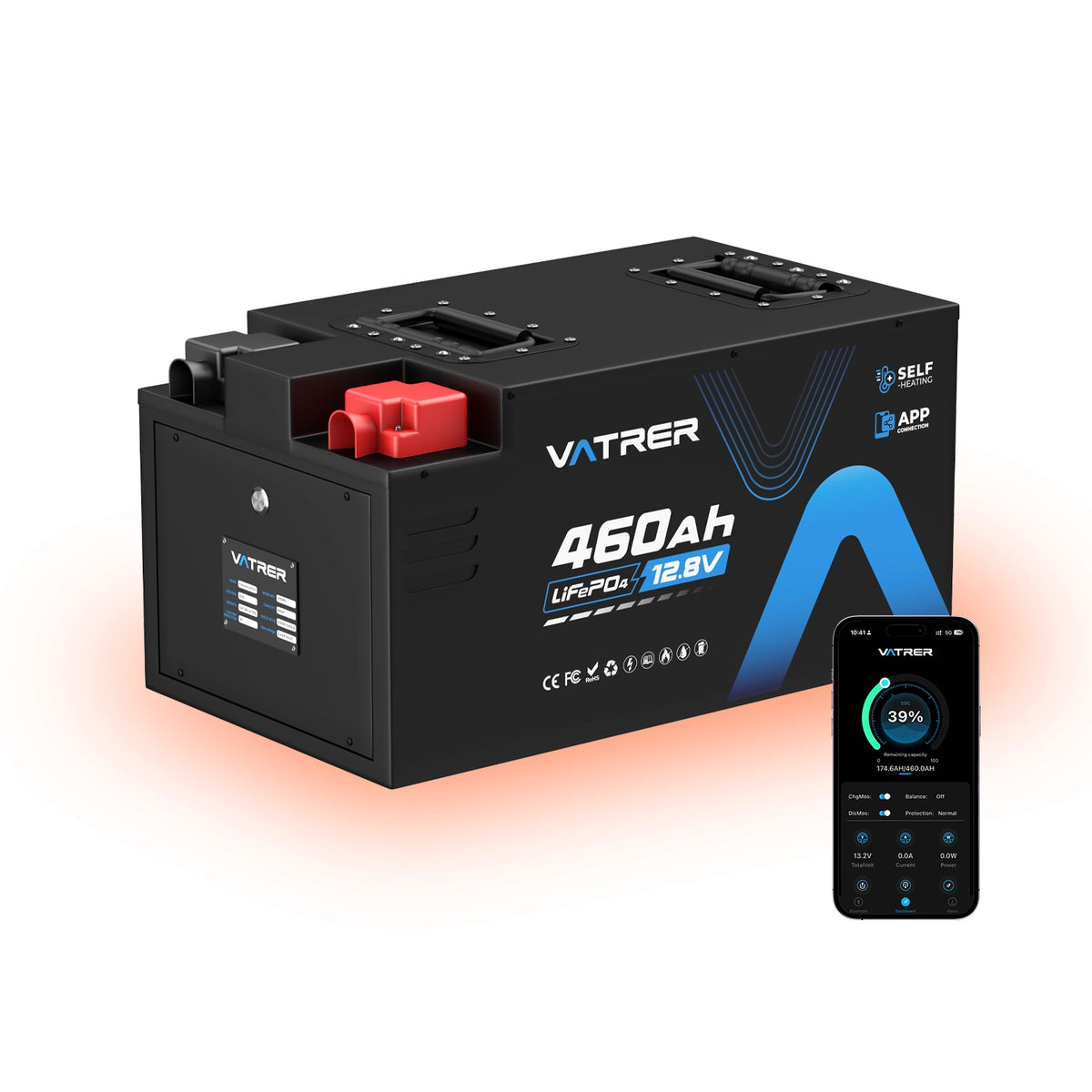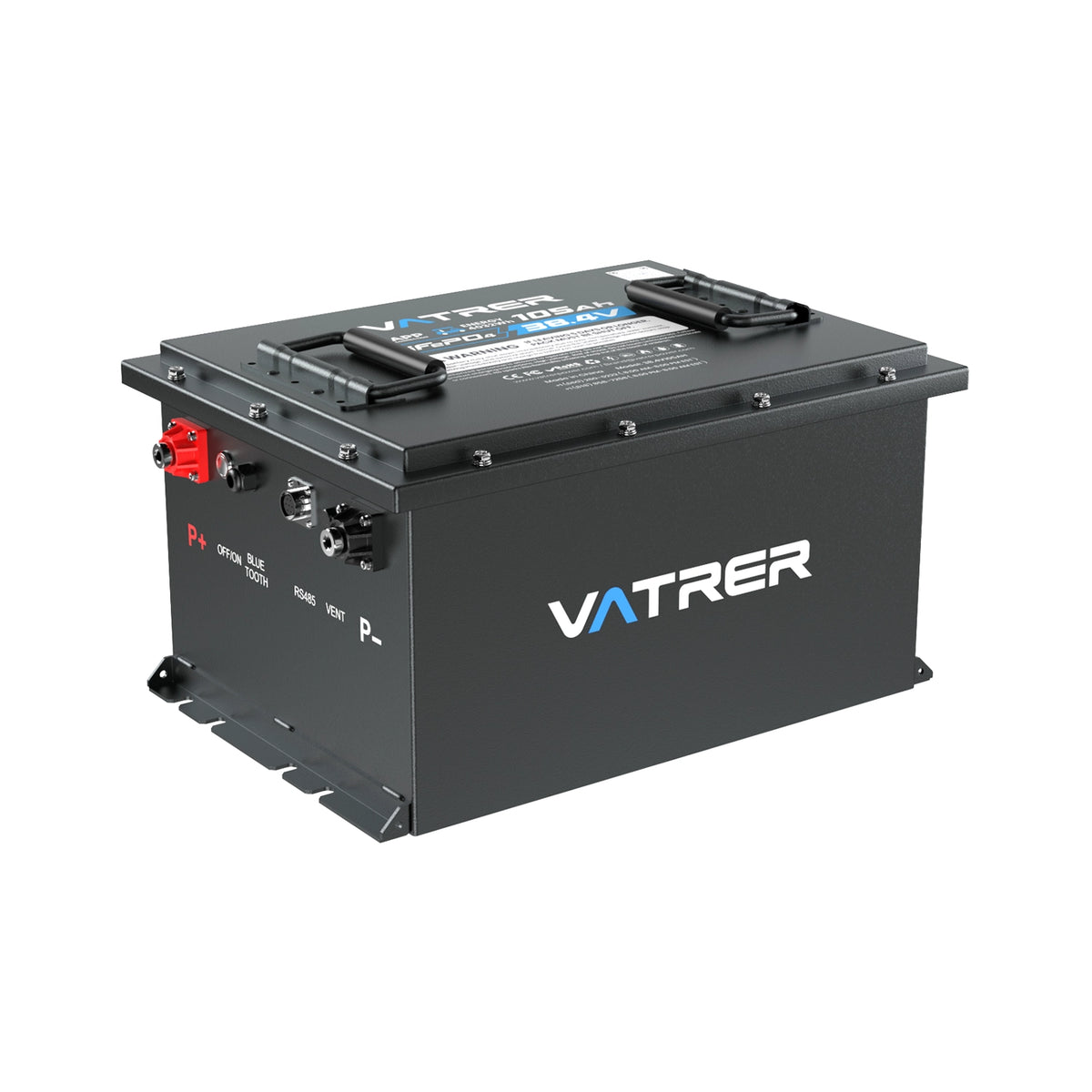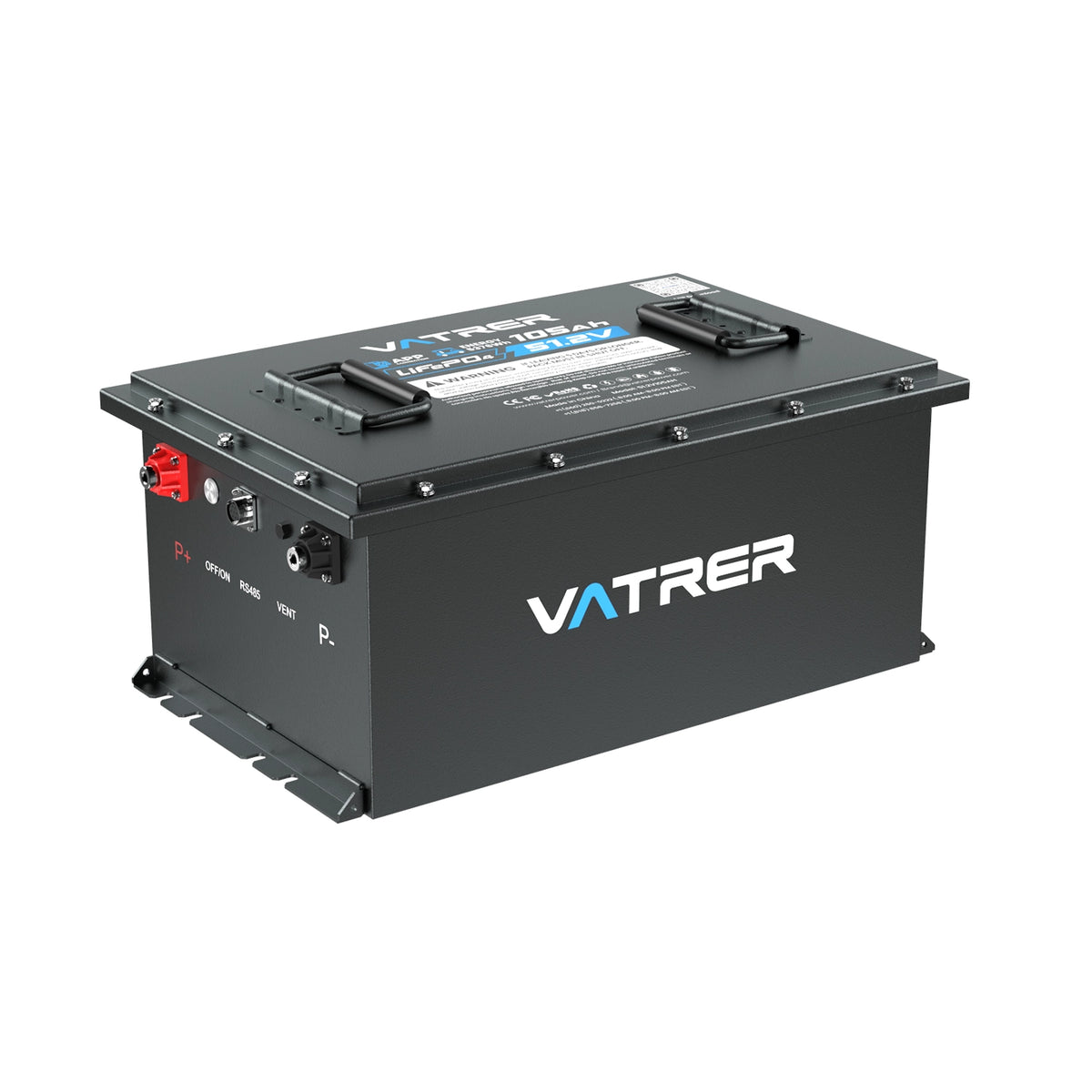In the world of evolving battery technology, lithium batteries have become the go-to choice for many applications due to their remarkable efficiency, longevity, and performance. A common question that arises among users is whether deep cycle lithium batteries require a special charger. This blog post aims to address this question by delving into the specifics of deep cycle lithium batteries, their charging requirements, and the importance of using the right charger.

Understanding Deep Cycle Lithium Batteries
Deep cycle lithium batteries are designed to provide a steady amount of power over an extended period. Unlike traditional lead-acid batteries, which are often used for short bursts of high energy, deep cycle lithium batteries discharge a significant portion of their capacity before needing to be recharged. This makes them ideal for applications such as solar energy storage, electric vehicles, and marine use.
Charging Characteristics of Lithium Batteries
Lithium batteries, including deep cycle variants, have different charging characteristics compared to traditional lead-acid batteries. They require a constant current/constant voltage (CC/CV) charging profile. Here’s a breakdown of the charging process:
- Constant Current Phase: The charger supplies a steady current to the battery while the voltage gradually increases.
- Constant Voltage Phase: Once the battery reaches its maximum voltage, the charger maintains that voltage while the current gradually decreases until the battery is fully charged.
Why a Special Charger is Necessary
Using the correct charger is crucial for maintaining the health and performance of deep cycle lithium batteries. Here are some reasons why a special charger is needed:
-
Voltage Regulation: Lithium batteries have a higher energy density and operate at different voltage levels than lead-acid batteries. A specialized lithium battery charger can accurately regulate the voltage to prevent overcharging, which can damage the battery and reduce its lifespan.
-
Current Limiting: Lithium batteries require precise current control during the charging process. Overcharging with excessive current can lead to overheating and potential safety hazards. A charger designed for lithium batteries will ensure the current remains within safe limits.
-
Battery Management System (BMS) Compatibility: Most deep cycle lithium batteries come with an integrated Battery Management System (BMS) that monitors and manages the battery’s performance. A compatible charger will communicate effectively with the BMS to ensure the battery is charged safely and efficiently.
-
Optimal Charging Speed: Lithium batteries can be charged faster than traditional batteries, but this requires a charger that can handle higher charging currents without compromising safety. Specialized lithium battery chargers are designed to maximize charging speed while maintaining safety protocols.
Potential Risks of Using an Incorrect Charger
Using a non-specialized charger, such as one designed for lead-acid batteries, can have several adverse effects on deep cycle lithium batteries:
-
Overcharging: Lead-acid chargers may not stop charging once the battery reaches its maximum voltage, leading to overcharging and potential damage.
-
Undercharging: These chargers might not provide the necessary voltage to fully charge a lithium battery, resulting in reduced capacity and performance.
-
Safety Hazards: Improper charging can lead to overheating, swelling, or even thermal runaway, which can be dangerous.
Conclusion
In summary, deep cycle lithium batteries do require a special charger designed specifically for their unique charging needs. Using the correct charger ensures optimal performance, longevity, and safety of your lithium batteries. Investing in a high-quality lithium battery charger is a small price to pay for the significant benefits that these batteries offer.
When selecting a charger, always refer to the manufacturer’s recommendations and ensure it is compatible with your specific battery model. By doing so, you can enjoy the full potential of your deep cycle lithium batteries without compromising on safety or performance.






